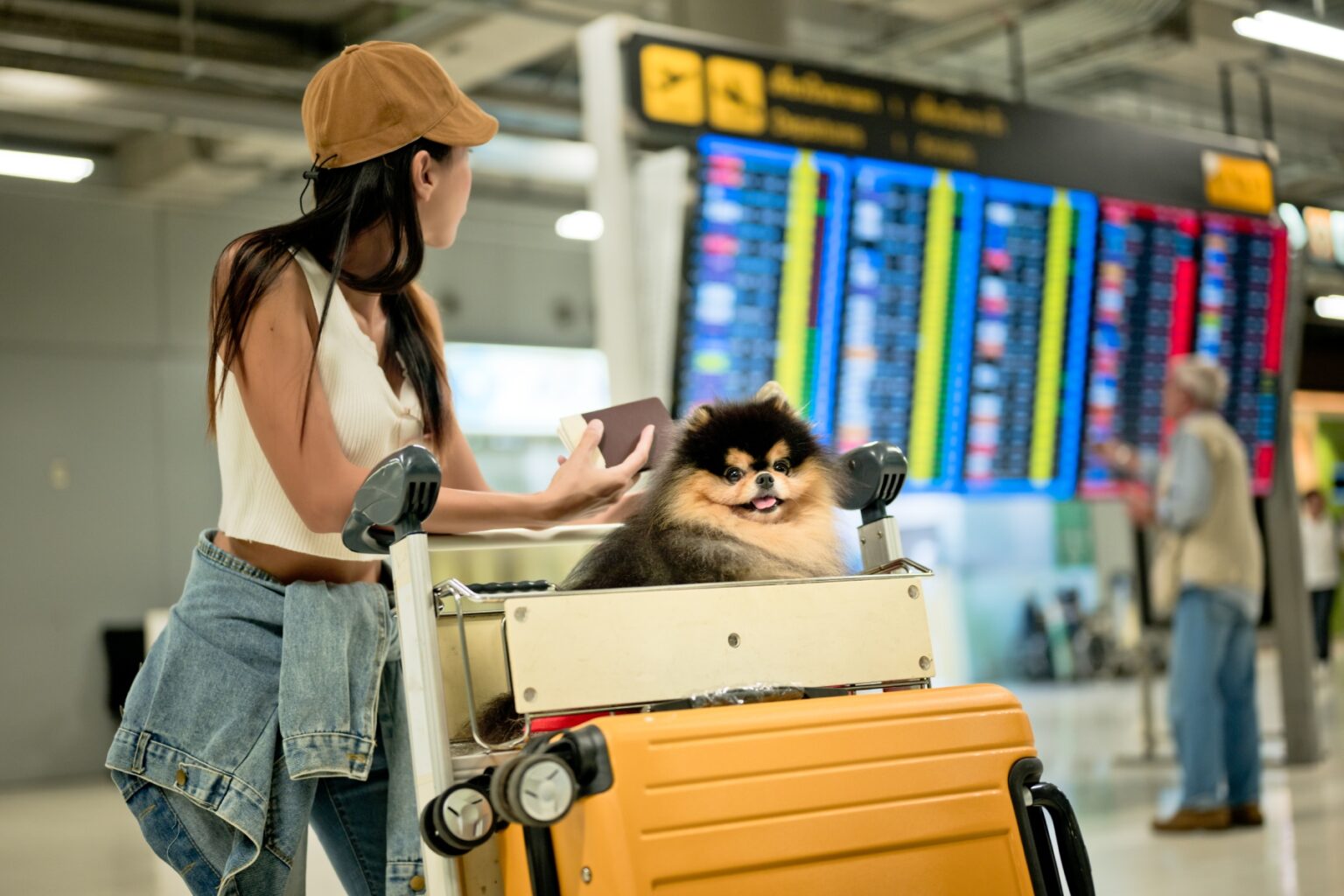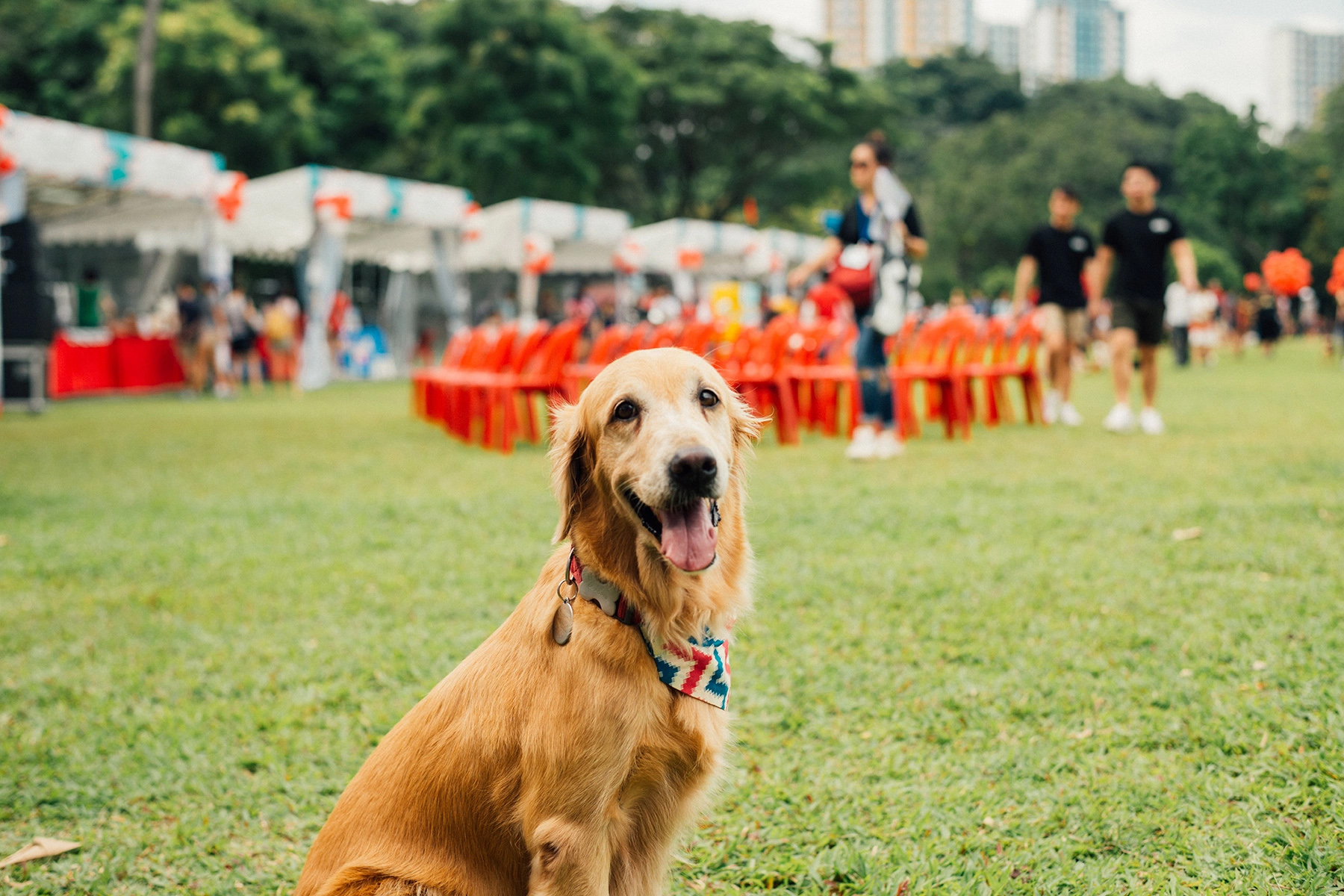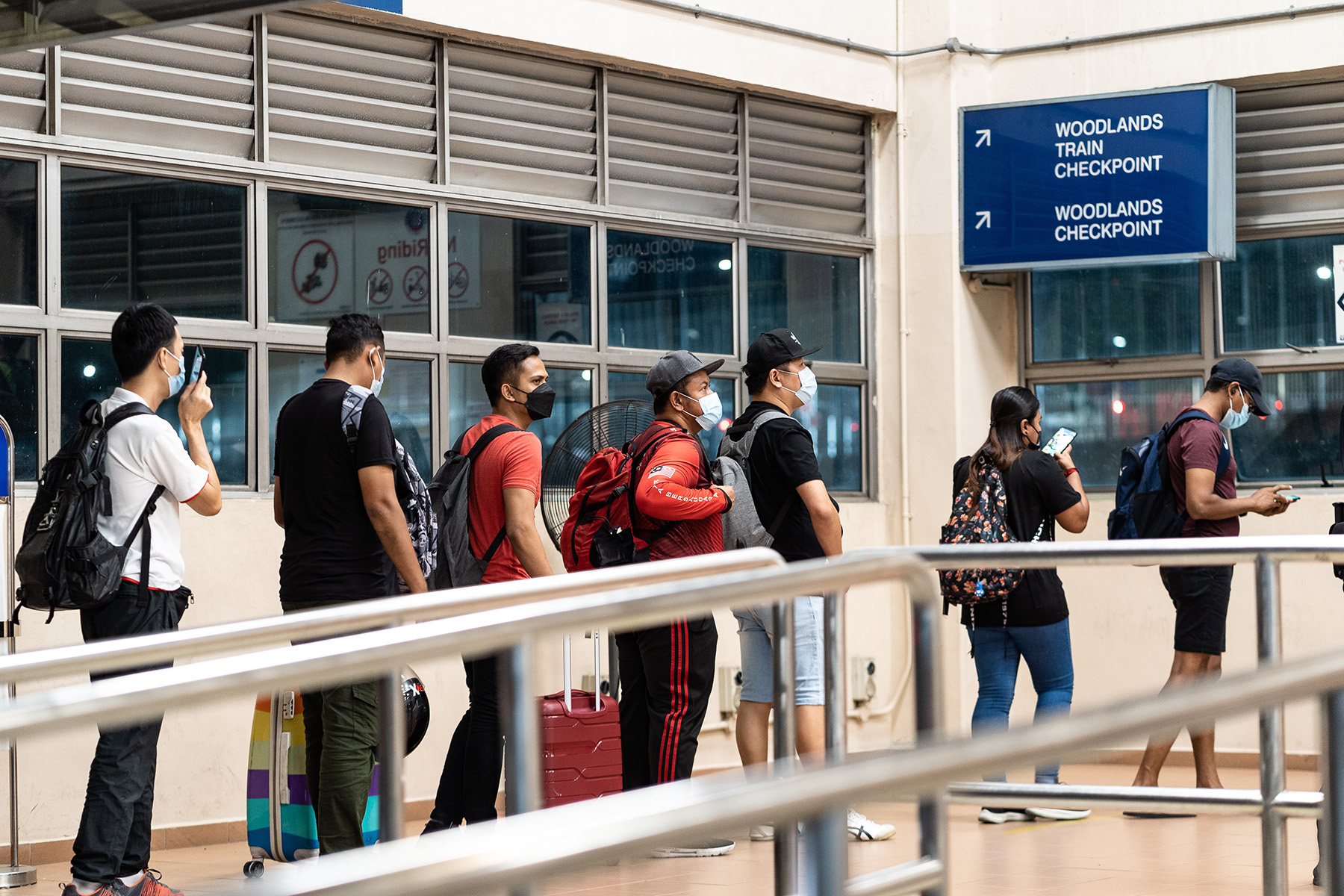Moving to Singapore is a popular choice for expats, thanks to its superb standard of living and great job opportunities. As well as being one of Asia’s biggest financial hubs, the city-state is known for its safety and its world-class school system. It can also serve as a gateway to South-East Asia and beyond.
Before you make the move, however, it’s important to get organized. While moving to Singapore has plenty of advantages, there are also some drawbacks. The cost of living is very high, and the year-round humidity can be a deal-breaker for some expats.
To help you out, go through this checklist carefully to make sure you’ve got all your moving admin sorted:
- Do your research
- Decide where you want to live
- Arrange your visa
- Transport your belongings
- Move your pet
- Sort out your health insurance
- Start looking for a job
- Look into childcare and schooling options
- Sort out your finances
- Get a driving license
- Start learning the language
- Delve into Singapore’s culture
- Useful resources
Sirelo
It's no secret that moving abroad can be stressful. Sirelo's team of removal advisers is here to help. They provide five free quotes from international shipping companies so you can find the best options at the best prices. Take the stress out of your relocation to Singapore with Sirelo.
Do your research
Is moving to Singapore the right choice for you? For many people, life in the Lion City is a dream come true. However, it’s certainly not for everyone.
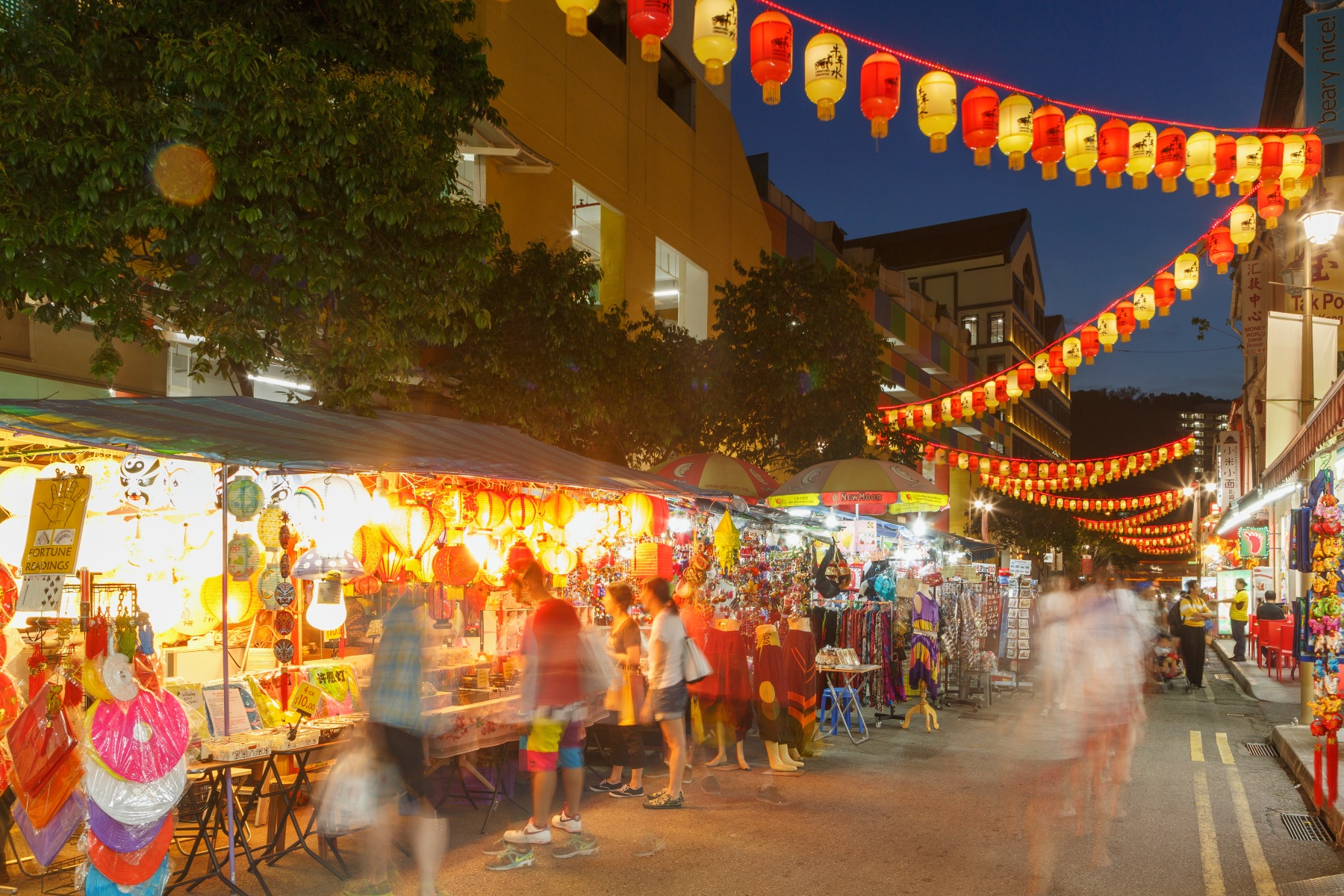
Be sure to spend plenty of time researching the following deciding factors:
- Cost of living: The Lion City is regularly listed as the most expensive city in the world. While the government offers financial support to low-income households, its initiatives are usually off-limits for expats.
- General quality of life: Singapore is reportedly the safest country in Asia, and boasts excellent healthcare and education systems. Its extremely diverse culture also makes it easy to enjoy different cuisines every day of the week.
- Life for expats: You’ll find plenty of people from all over the world moving to Singapore. If making friends is high on your list of priorities, you’ll meet plenty of expats in the Lion City.
- Weather and climate: Singapore is a tropical country, meaning the weather can change very rapidly and it’s extremely humid. Air conditioning is standard in buildings and vehicles, but if you love to spend time outdoors, it’s not ideal.
- People and culture: Singapore is known for its diverse culture. It has four official languages, and people follow several different religions. As a result, locals are highly tolerant.
- Laws and customs: There’s no denying that Singapore has a reputation for heavy-handed laws. Both capital punishment and corporal punishment in the form of caning are also part of the legal system. Some people bristle at the Lion City’s numerous laws, while others enjoy the feeling of safety.
Decide where you want to live
Singapore is a very small country, so you typically won’t have to worry about lengthy commutes. And while there are no high-crime areas, some districts are more desirable than others.
Holland Village is close to downtown and has a great variety of restaurants, bars, and shops. The housing here includes bungalows and houses as well as condos and apartments, making it a particularly attractive choice for families.
For those seeking something a little quieter, Tiong Bahru is a beautiful, historic neighborhood with a laid-back vibe, ideal for pet owners.
Meanwhile, if you want to rub shoulders with Singapore’s highest earners, then Tanglin is the place to be. With the Singapore Botanic Gardens, a UNESCO World Heritage Site, right on your doorstep, this luxurious district is simply stunning.
Find a place to stay
Many companies offer housing for expat workers in Singapore. Even if your contract doesn’t include accommodation, you might want to ask your company for advice about where to live. If not, it’s a good idea to organize temporary living quarters before you arrive, so you’ll have time to explore the island and familiarize yourself with its different districts.
Arrange your visa
If you’re going to be working in Singapore, there’s some good news: your company will take care of your visa for you. All you have to do is take a copy of your In-Principle Approval (IPA) letter with you when you enter the country. Once you arrive, your employer will give you a work pass approval letter. You’ll need to register at the Employment Pass Services Centre (EPSC) within two weeks. It’s a simple process.
Some countries in South-East Asia are quite relaxed about expats working on tourist visas. This is not the case for people moving to Singapore, however. You’ll risk a very large fine, and so will your employer.
Transport your belongings
Some internationals can handle moving to Singapore with just a couple of suitcases. However, if you’re planning to bring things like furniture or a vehicle, things are a little more complicated. You will need a Customs In-Payment Permit before you can ship your items, and you’ll have to pay taxes. Additionally, seeking the help of a moving company, like Sirelo, can take a big load off your shoulders (literally).

Local expert
Gayatri Bhaumik
Insider tip
Make sure you double-check that the items you are shipping are legal in Singapore. A reputable shipping company will be able to help you identify any potential problems.
If you’re importing a car into Singapore, you’ll need to register it with the Land Transport Authority (LTA) before you can drive it. Make sure your vehicle fits Singaporean rules. You can only import the following:
- A brand new car from a country with equivalent or higher safety and exhaust emission standards as Singapore
- A car with steering on the right side with a speedometer that shows kilometers
- A classic or vintage car
- A used car that is less than three years old
The same goes for motorbikes and scooters.
Move your pet
Can’t bear the thought of leaving Fido behind? Don’t worry, you can bring your beloved pet to Singapore. There are different steps to follow, depending on the country you’re coming from.
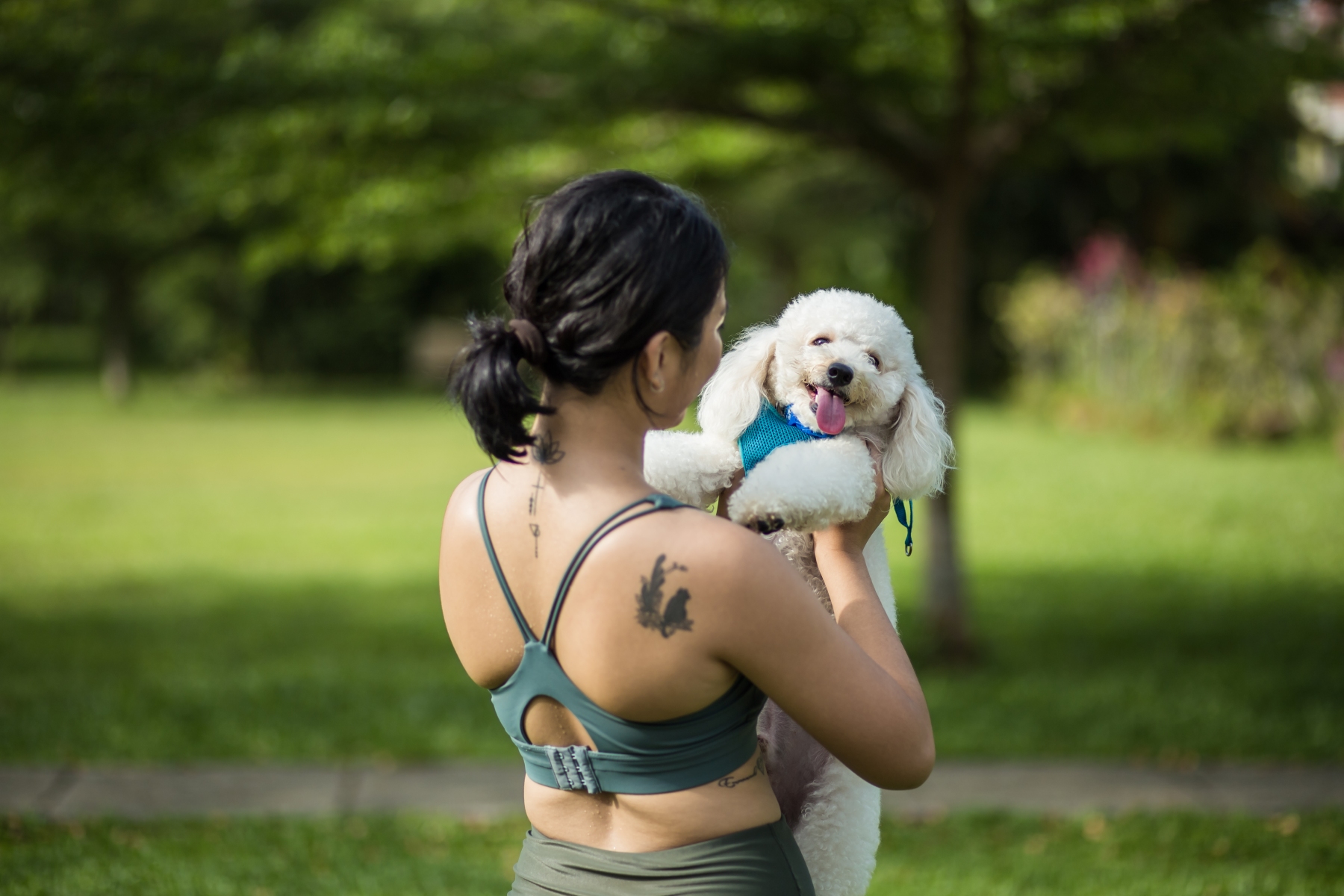
Singapore identities the following countries as rabies-free:
- Australia
- Ireland
- New Zealand
- United Kingdom
If you’re moving from one of the above, there’s no need for your pet to go into quarantine on arrival. In contrast, if you’re moving from a country with a higher risk of rabies, your pet will need to spend 30 days in quarantine.
The Lion City bans several dog breeds, including all pit bulls, Japanese Akitas, and Neapolitan mastiffs. First to fourth-generation Bengal or Savannah cat crosses are also banned, due to their potential wildness and aggression.
Finally, you’ll need to ensure that your accommodation allows pets. If you are not living in a Housing Development Board property, you may be allowed to keep up to three dogs. Many condos in Singapore ban dogs and cats altogether, so be sure to check carefully beforehand.
Sort out your health insurance
Health insurance in Singapore is not a legal requirement, but it’s something that all expats should organize. The country has an excellent health system, but if you’re uninsured, you’ll risk spending a small fortune on accidents and emergencies. Although the government offers health insurance programs, these are not available to expats.
Your employer may help by providing health insurance. Additionally, if you’re an international student coming to one of Singapore’s universities, then your college will cover this for you. In other situations, you’ll need to find your own health insurance. Here are some companies to look into:
Start looking for a job
With the Lion City’s steep cost of living, it’s best to have a job secured before you make the move.
Jobs in Singapore are often highly competitive. Make sure to tailor your resumé to each specific company, and don’t be afraid to cast your net wide. Many organizations are looking for highly skilled expat workers, so it is usually harder for recent graduates to find a job locally.
Look into childcare and schooling options
If you’re moving to Singapore with children, then you’ll need to consider their education. Singapore has an excellent education system, but it’s hard for international youngsters to enter public schools.
First, they’ll need to take an access exam, which is notoriously difficult. If they fail, they won’t be accepted into public schooling. There are no second chances, meaning you’ll have to go private.
Alternatively, if your child passes the exam, then their school place will depend on the number of citizens and permanent residents in the same age group. The Ministry of Education will not offer any expat child a school place until all citizens and permanent residents have theirs.

Finally, public education in Singapore is not free, and the fees for non-citizens are on the rise.
Many expats prefer to forget all about the stress of the public school system and go straight for an international institution. Luckily, Singapore has a large number of these, offering different exams such as Singaporean A-Levels or the International Baccalaureate. English is the usual language of study in Singapore, although there are a handful of international schools that teach in other languages.
Sort out your finances
Singapore is a major financial hub with very low taxes, which is one of the reasons why it’s so attractive to expats. When you arrive, you’ll need to open a bank account right away.
Many banks in Singapore offer multi-currency accounts, complete with easy, thorough apps that will allow you to take care of nearly all your financial matters online. You may also want to open an account with an international, digital-only bank, which is usually a convenient option for expats.
Check with your company for information on matters such as pensions and insurance. Singapore has an excellent public pension system, but expats cannot participate in it. As such, you’ll need to rely on your company for private contributions.
Get a driving license
If you are staying in Singapore for more than twelve months, you’ll need to convert your license to a Singaporean one. You’ll be able to do this by passing the Basic Theory Test (BTT). This test consists of 50 randomized questions. You have 50 minutes to take it, and you need a score of at least 90% to pass.

Expats who are staying less than a year in Singapore will be able to get by with an international driving permit. If your license was issued by another ASEAN country, you won’t even need the permit, as your regular license is enough.
Start learning the language
Singapore is primarily an English-speaking country, which is good news for expats. However, English is just one of the Lion City’s four official languages. To help you integrate into society, you might want to learn either Mandarin, Malay, or Tamil.
Generally, you’ll find lots of resources and language schools for Mandarin, fewer for Malay, and only a handful for Tamil. You may also want to familiarize yourself with Singlish, the unique, colloquial form of English that borrows loan words and structures from Singapore’s three other languages.
Delve into Singapore’s culture
Want to learn more about the Lion City before you move? A great way is to dive into popular media. The most famous movie set in Singapore has to be ‘Crazy Rich Asians’, but its depiction of the country’s super-rich has little in common with most people’s everyday lives.
If you’re more of a bookworm, ‘Ponti’ by Sharlene Teo and ‘How We Disappeared’ by Jing-Jing Lee are popular Singaporean novels to help you learn more about the local culture. The former has a contemporary setting, while the latter tells a story set in the days of the Japanese occupation during World War II.
Generally, you’ll find a dizzying blend of cultural influences in Singapore. There are many different ethnic groups in the country, each of which has left its distinctive mark. This makes the country extremely appealing for expats.
If you want to get an idea of national current affairs, check out The Straits Times. As the country’s most widely-read newspaper, it will get you to grips with what’s going on in the country.
Useful resources
- Ministry of Manpower – government page with passes and permits for working in Singapore
- Singapore Customs – more information on what goods you can take when relocating to the Lion City
- The Straits Times – learn more about Singapore with the country’s most popular news platform
